Executive Summary
State Department polling indicates that public support for the Islamic State (IS) is on the rise. Moreover, the Malaysian police claim to have thwarted dozens of terrorist arrests since 2013. Importantly, Malaysia has served as a transit hub and training ground for terrorists, and approximately one hundred Malaysians, including women and children, have travelled to Iraq and Syria to support the creation of IS. Though only a handful has returned, radicalization and recruitment to violence remain a risk in Malaysia, as evidenced by more than 430 terror-related arrests since 2013. There are undoubtedly opportunities to mitigate these risks in Malaysia by addressing the dynamics of radicalization and mobilization to violence with particular reference to the dynamics of geographical distinctions outside Peninsular Malaysia. This requires a nuanced understanding of the threat but present research capacity on terrorism and VE (Violent Extremism) in Malaysia is unfortunately limited. This is especially the case outside of Peninsular Malaysia especially in East Malaysia i.e. the state of Sabah, neighbouring the troubled region of the southern Philippines and Kalimantan, Indonesia. In Sabah, security and VE threats have been broadly influenced by the external elements of regional VEGs (violent extremist groups) and organized crime groups. Reports of arrests and involvement of individuals in Malaysia’s terrorism-related offences constitute only a small percentage of people from Sabah when compared with the higher number of violent extremism cases in Peninsular Malaysia.
This research project is meant to take a step towards filling this gap and developing capacity. The findings below are the result of research conducted through Universiti Malaysia Sabah (UMS) that focuses on Sabah, where radicalization risks in the state of Sabah require a departure from the analysis of radicalization risks in Peninsular Malaysia. This project aims to evaluate the context of security threats in Sabah including the geopolitical and security dynamics in the southern Philippines, porous borders, irregular migration, maritime crimes and the existence of regional crime-terrorism nexus. Sabah’s proximity to the Philippines, combined with longstanding trade routes and close, cross-border familial ties between the two countries also facilitate migrant flows. While the vast majority of emigrants are motivated by economic opportunity, extensive evidence suggests that regional VEGs from the Philippines and Indonesia are also exploiting these flows. Sabah is not merely a transit point for the regional VEGS, but also the state has been especially vulnerable to the expansion of maritime crimes including drug trafficking, illicit goods smuggling, safe passages for organized crime groups, and a hub for generating resources among crime-terrorism nexus in the region. Undoubtedly, Malaysia has been proactive in safeguarding the state from various elements of security threats, albeit this is often challenged by the rapid-changing security context in the southern Philippines. This project attempts to explore this embedded relationship of geo-political and security dynamics in the region and how it will continue to impinge the security threats in Sabah.
>>>Should readers inquire about the full article, please contact us at [email protected] OR at START
Henkin, Samuel D., Hafiza Nur Adeen Nor Ahmad, Ramli Dollah, Wan Shawaluddin Wan Hassan, Jagroop Singh, and Ahmad el-Muhammady. 2020. “Divergent Dimensions of Radicalization Risk: Migration and Violent Extremism in Sabah, Malaysia.” Desk Study Report to the Bureau of Conflict and Stabilization Operations, U.S. Department of State. College Park, MD: START (December). https://www.start.umd.edu/pubs/Sabah_Desk_Study_Final.pdf

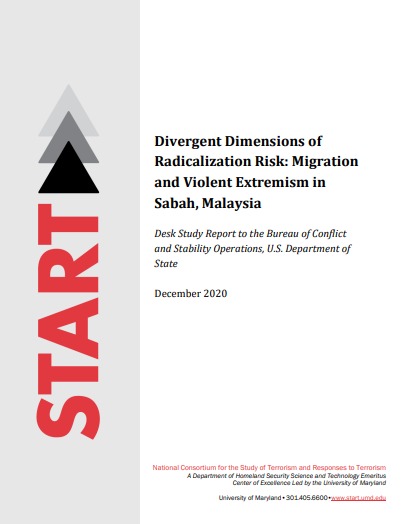



 Users Today : 3
Users Today : 3 Total views : 7833
Total views : 7833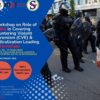
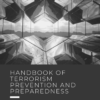

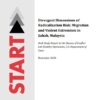
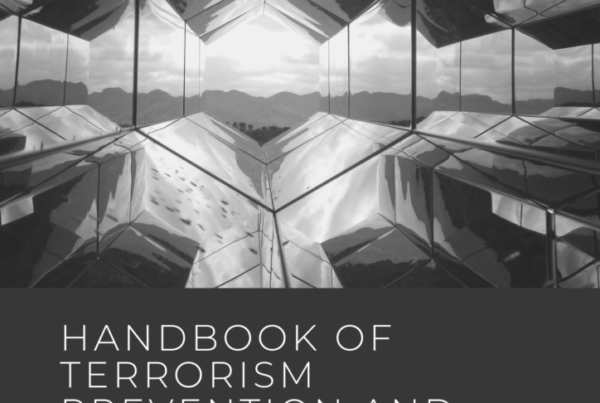


Recent Comments